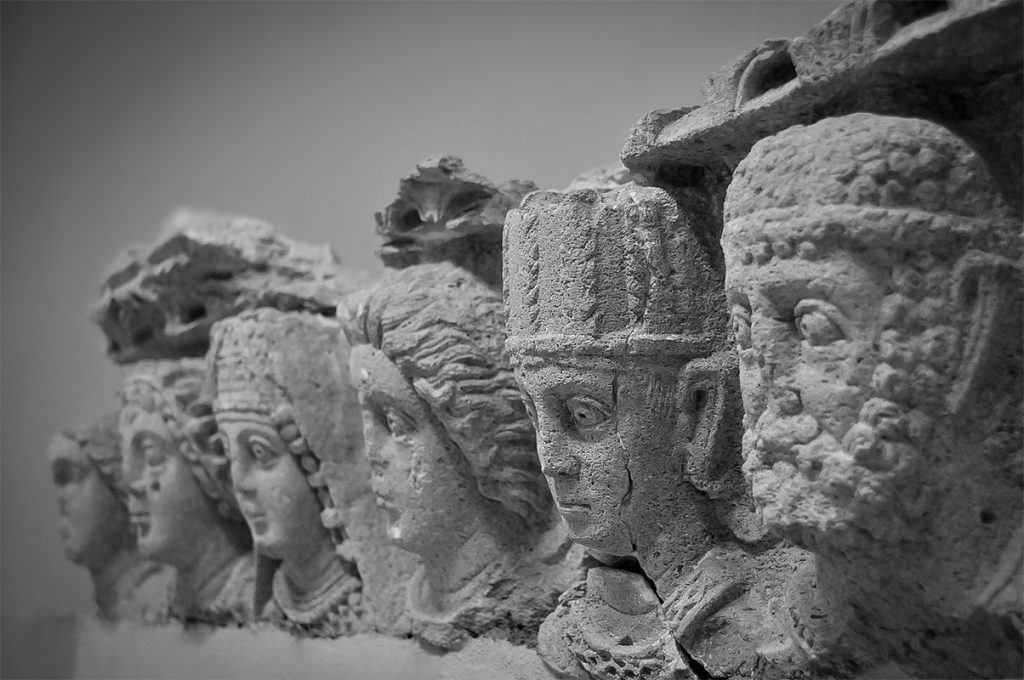In an effort to produce a running list of differences between the biblical record in Genesis of creation and various Ancient Near Eastern (ANE) accounts, this is a beginning comparison among others to follow if they should arise during the course of study. These are only a small collection of major differences to help dismiss outright ANE mythology as a source of comparative truth as written in Genesis.
- The Lord’s Aseity stands separate from the “deities” who were created by Him.
- The Lord is assumed in the ANE texts rather than proved or asserted as compared to the origin and function of the gods.
- The Lord exists and operates outside His creation whereas the gods were formed of natural forces that assumed a status of divinity.
- The Lord is unopposed as compared to deities in ANE myths in conflict.
- Earth and heavens formed in Enuma Elish through violence related to goddess Tiamat. Where Genesis explicitly specifies creation’s existence by what the Lord spoke.
- Tiamat, the goddess is a character (tĕhôm; תְּהוֹם) of Enuma Elish, whereas the “deep” (tĕhôm; תְּהוֹם) in Genesis 1 refers to the depths of the waters.
- Agriculture development by irrigation appears both in Scripture and in ANE myths. Genesis explicitly informs us that irrigation originates from God, while from ANE myths (such as Eridu Genesis) it originates from humanity.
- The gods in ANE myths Atrahasis and Eridu Genesis are angered over the noise of the population of those on the Earth. In Genesis, there is no population to produce objectionable noise, but rebellion instead.
- The Gilgamesh Epic refers to a snake and a plant submerged in an ocean as the source of eternal life, or immortality. Whereas the Bible informs us that there is no death present with Adam and Eve until after their disobedience.
- ANE myth Enuma Elish shows Marduk suspends Tiamat’s body up like the sky. Where upper and lower waters become separated. In Genesis, the waters are divided above and beneath the firmament.
- Marduk makes humans from the mud and blood of Tiamat’s monster to serve the gods and bring them comfort.
- There are numerous Enuma Elish references to the creation account that have no corresponding relevance or approximate comparative inference.












